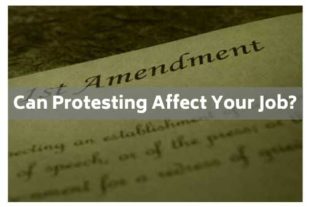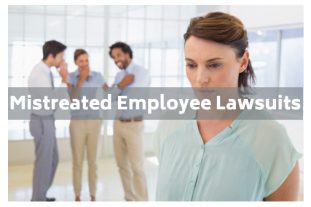 These are highly political times we are living in, with the sudden advent of mass protests across the nation in support of George Floyd and the Black Lives Matter movement. What does protesting have to do with your job? A local labor and employment attorney can answer this, and other questions you may have.
These are highly political times we are living in, with the sudden advent of mass protests across the nation in support of George Floyd and the Black Lives Matter movement. What does protesting have to do with your job? A local labor and employment attorney can answer this, and other questions you may have.
Laws to Consider
While clearly the First Amendment is a central issue relating to any protest, employees and employers alike should be aware that other laws may apply to actions, as well. It is important to be aware of California’s Government Code 3203, which bars an employer from participation or involvement in political activities. An employee may demonstrate or express political views without reprisal, as long as it does not occur on company time or using company technology or materials. It is also important that employees cannot be wearing their workplace uniforms while involved in political actions (Government Code 3206).
Employer Involvement in Political Action
In some cases, employers may want employees to participate in political action. While it is lawful for them to broach current issues and talking points with employees, they may not incite employees to participate in political action, or pressure them into taking a certain stance on a particular issue.
Can You Legally Criticize Your Employer Publicly?
The First Amendment—freedom of speech—is a constitutional right. Nonetheless, if your public comments can be linked to workplace disruptions in operations, it could get an employee into trouble if the employee either:
- Shared company secrets, or;
- Misrepresented their views as those of the company’s, or;
- The employer’s interests are seen to outweigh your right of privacy in your personal life.
More specifically, if your employer can prove that your actions caused significant harm to the company’s reputation, or that those activities limited your ability to do your job effectively, including preventing you from being able to work with colleagues, then employer can take action against you.
What if You are Arrested During a Protest?
Unless you are a law enforcement officer, your boss cannot fire or otherwise reprimand you for being arrested. On the other hand, if you do not show up for work as scheduled because you are behind bars, and you do not have personal days to use for un-prescribed purposes you may have a problem. It only becomes an employer issue if various employees are treated differently based on their views, race, ethnicity, or other protected area. [Read more…]


